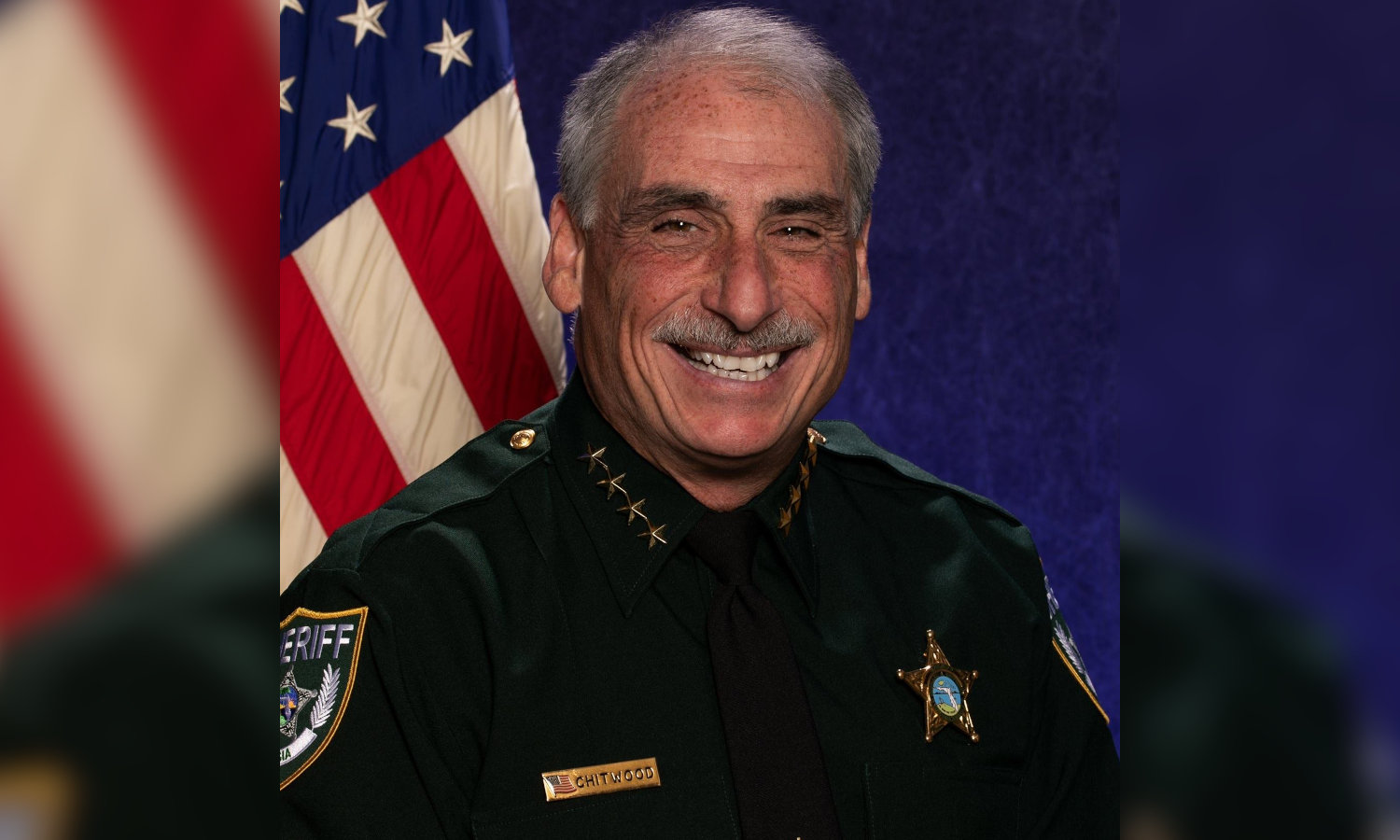DeLand, FL – Two Florida sheriffs have been called on by the state Supreme Court to deliver amicus briefs on police officers using Marsy’s Law, which was made with victims of crimes in mind. In June 2021, the City of Tallahassee and multiple news organizations filed briefs with the Florida Supreme Court. The briefs argued that the state’s highest court should take up a legal battle about whether or not the 2018 constitutional amendment can shield the identities of police officers. In essence, Marsy’s Law prevents the names of victims from being disclosed in public record’s request. But in April 2021, two Tallahassee police officers— both of whom were identified as John Doe 1 and John Doe 2—invoked Marsy’s Law to prevent their identities from being released after shooting incidents in which they were threatened. Both officers argued that they were victims in the incidents, a point the 1st District Court of Appeals sided with. In one case, John Doe 1 used deadly force against a suspect who charged at him with a knife. Then in John Doe 2’s case, he shot and killed a black transgender suspect because they were the victim of an aggravated assault with a deadly weapon. In recent headlines, a Boynton Beach police officer invoked Marsy’s Law involving a case where a 13-year-old boy on a dirt bike died after a supposed pursuit. The officer is apparently behind two other deadly pursuits that claimed the lives of two people in 2012 and 2016. Just days before the news about that crash broke, Volusia Sheriff Mike Chitwood was authorized by the Supreme Court to file an amicus brief regarding the use of Marsy’s Law on law enforcement officers. In his motion seeking to file a brief, Chitwood argued that citizens should know the names of law enforcement officers involved in the use of deadly force so departments remain transparent. According to Chitwood, the idea behind Marsy’s Law came from Pasco County Sheriff Chris Nocco. When the first draft of the legislation was debuted at a Florida Sheriff’s Association legislative summit, it was met with resounding support. “I think every sheriff in the room thought it was absolutely needed,” said Chitwood. “It’s needed to protect victims and it’s needed to protect witnesses.” Eventually the legislation was filed and the law was passed. Then in 2021, the two Tallahassee police officers invoked the law. Chitwood spoke about the law and its use in a recent interview with News Daytona Beach. “This describes police officers as victims when they do something controversial, like if there’s a shooting,” said Chitwood. “I was in those meetings, there was no mention that this could in any way shield the release of a police officer’s name.” “If we’re going to do that, then let’s get a separate bill, and let’s get it out there and let’s get it through the process. Let’s not circumvent the system and take a shortcut, and take a good law that was meant for true crime victims and use it to shield something controversial that happened in a police officer’s career,” added Chitwood. In talking about accountability, Chitwood claimed to be the most “transparent and upfront” law enforcement official in the state when it comes to releasing body camera footage and standing up for his deputies. “If there was an inherent danger, and we believe that releasing a deputy’s name would in some way compromise the safety of them or their family, in that rare circumstance, we would do everything we could do to hold off on that until we can ensure that they’ll be safe. No one said you have to release their name within hours.” When a Volusia County deputy has broken the law or got into trouble because of something like an excessive use of force, it seems the sheriff’s office wastes no time in informing the public on what’s happening and who is involved. In recent years, Deputy Andrew Jenkins was fired in 2018 after breaking a man’s leg during a 2016 arrest. As the news broke, his name was released. In September 2021, the sheriff’s office also released the name of Deputy Austin Rosa, who was arrested on domestic violence charges after an assault on his girlfriend, a fellow sheriff’s deputy. In cases of officer-involved shootings, departments including the Volusia Sheriff’s Office withhold the names of deputies/officers as the Florida Department of Law Enforcement investigates; which is standard procedure in such a scenario. Usually once the investigation wraps up, departments move forward with naming the parties involved. “For (policing) to be legitimate in the community, or legitimate in the community, there has to be transparency,” added Chitwood. Also filing a similar amicus brief in the state Supreme Court is Pinellas County Sheriff Bob Gualtieri. News Daytona Beach reached out to Gualtieri for comment on his brief, but the department did not want to comment.
Chitwood: Marsy’s Law Is For Victims, Not Officers










